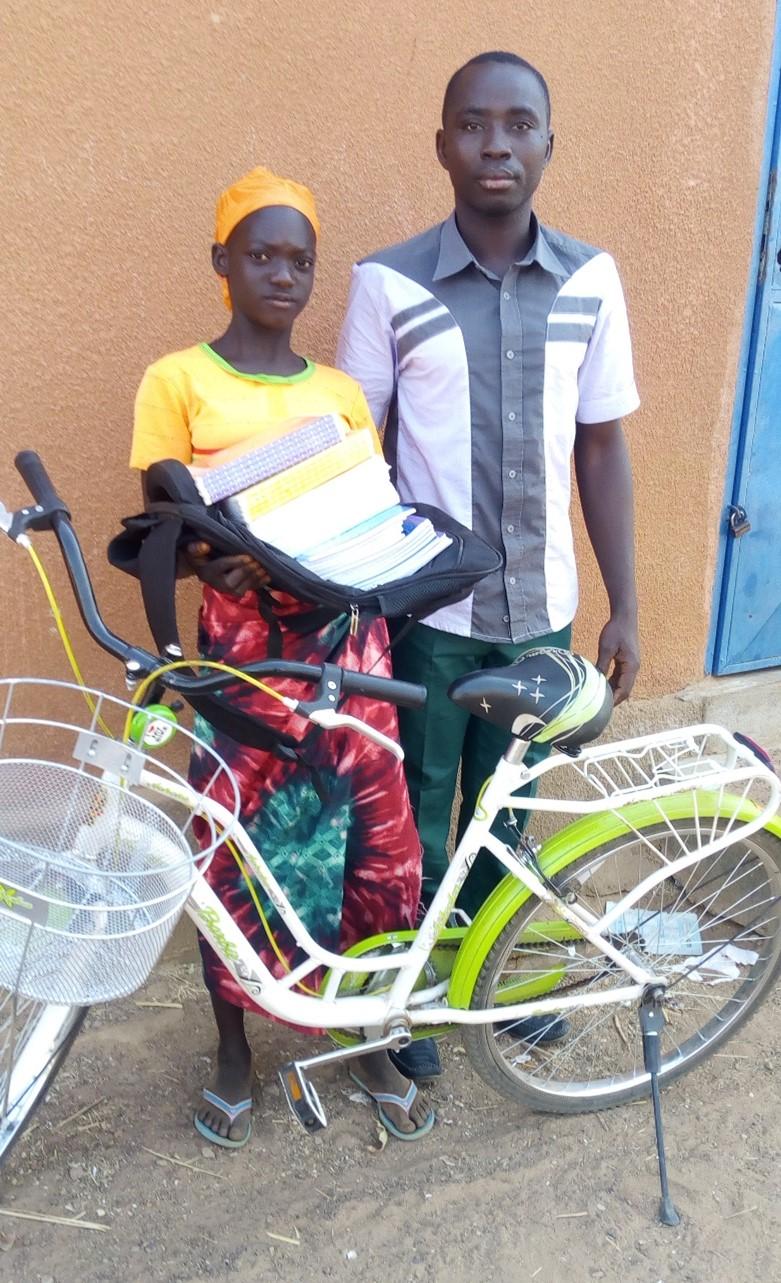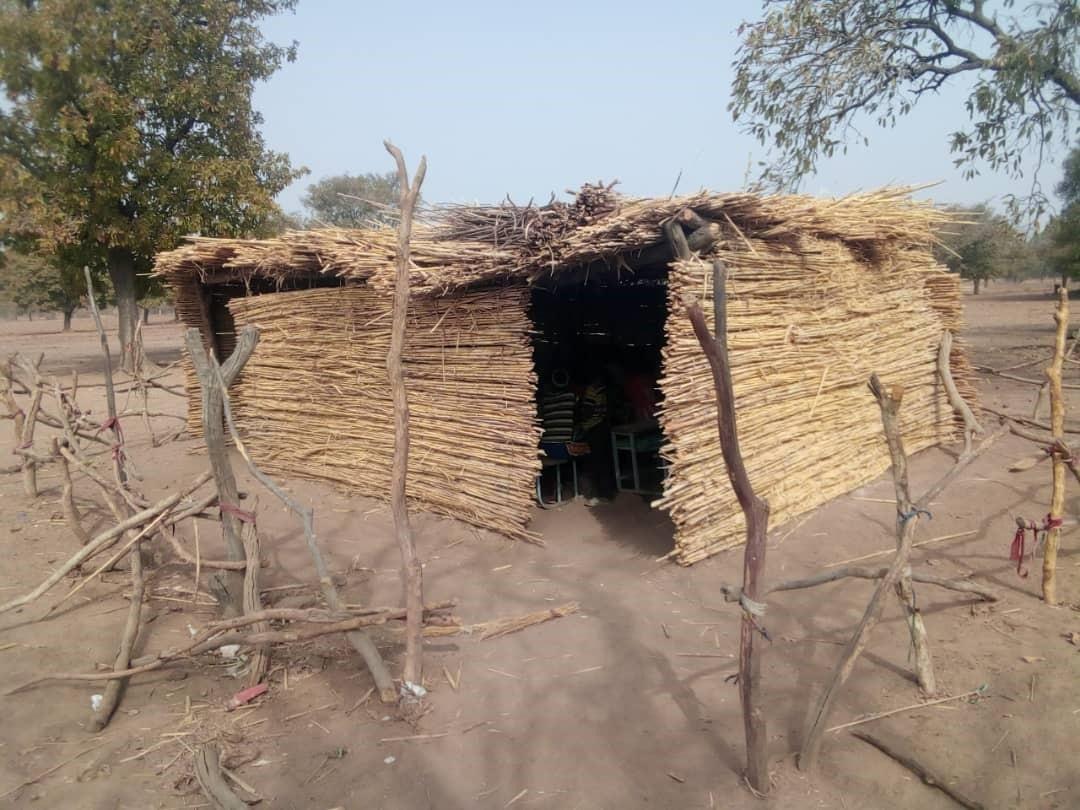EMERGENCY EDUCATION PROJECT IN BURKINA FASO
Educating displaced children victims of the security crisis
Although Burkina Faso has found a certain political stability, the country has still been facing recurrent attacks from armed groups throughout the territory since 2016. This growing insecurity places the population in a precarious situation: in 2020, attacks from armed groups provoked the displacement of more than a million people and the closure of 2,500 schools, affecting more than 300,000 students.
The same year, the COVID-19 pandemic considerably aggravated the situation, leading to the closure of all schools on the whole territory in March, before the end of the school year originally planned for June/July. In this way, the security and health crises deprived many children from access to education.
To effectively respond to the urgent need to educate displaced, vulnerable and disadvantaged children, Enfants du Monde is coordinating two emergency projects thanks to precious support from the global fund Education Cannot Wait, in the areas particularly affected by the crisis.
Our impact in the field
Enfants du Monde is committed to changing the future of thousands of children. Between 2020 and 2023, the project objectives are:
- To educate more than 80,000 displaced and vulnerable children in a safe and protective learning environment;
- To recruit and train 38 teachers and 8 instructors in order to welcome more than 1,400 children and teenagers in centres for alternative education and professional training ;
- To provide 5,000 students with administrative documents such as birth certificates or national identity cards ;
- To equip or build 615 schools .
- To protect the school children and the teachers from COVID-19, more than 500 schools are to receive protective equipment including face masks, water fountains and soap, and 400 schools are to be provided with collection tanks and water storage systems.
Educate displaced and vulnerable children in the context of a crisis
Our teams in Switzerland and in the field work to improve the access, maintenance and continuity of education in a safe and protective environment for school-age children (3-17 years) who are displaced, refugees and those from vulnerable host families in the regions of Sahel, Centre-North, Centre-East, and from Boucle du Mouhoun and the East.
 In order to ensure the continuity of education for these children, Enfants du Monde organises catch-up classes for students reported to be behind in their learning, proposes accelerated training courses, and increases the capacity of classrooms to welcome more students.
In order to ensure the continuity of education for these children, Enfants du Monde organises catch-up classes for students reported to be behind in their learning, proposes accelerated training courses, and increases the capacity of classrooms to welcome more students.
Administrative documents such as birth certificates or national identity cards are established in order to be able to enroll displaced students in school.
Particular attention is given to girls, to whom personal hygiene kits are given during puberty at school, to handicapped children via the creation of access ramps for their wheelchairs, and to children who would otherwise be excluded for other reasons, such as bicycles for those who live far from schools.
The long-term objective is to allow these children to reintegrate the traditional education system so that they may pursue their education.
Offer an adapted learning environment
 To guarantee good learning conditions, our association works to open alternative education centers and professional training spaces. To adapt to the movements of populations who flee armed conflicts, temporary classrooms (for example by rehabilitating abandoned spaces) or even demountable ones (lightweight structures) were built by the local population with available materials, welcoming students aged 9-16 years who had dropped out of school.
To guarantee good learning conditions, our association works to open alternative education centers and professional training spaces. To adapt to the movements of populations who flee armed conflicts, temporary classrooms (for example by rehabilitating abandoned spaces) or even demountable ones (lightweight structures) were built by the local population with available materials, welcoming students aged 9-16 years who had dropped out of school.
Teaching is done in the national language as well as in the children’s mother tongue to facilitate their learning. Teachers are specifically trained in innovative pedagogical approaches to provide the most effective framework for learning. One key theme of this training is child protection, because of the accumulated violence generated by these crisis situations and the risks they hold for children (early marriage, child labour, etc.).
The children also receive school supplies such as bags, books and textbooks as well as lighting material so they can do their homework at home even when there is no electricity.
To protect children and teachers from COVID-19, personal protective equipment is distributed, including masks and wash kits containing soap and alcohol-based hand sanitizer .
